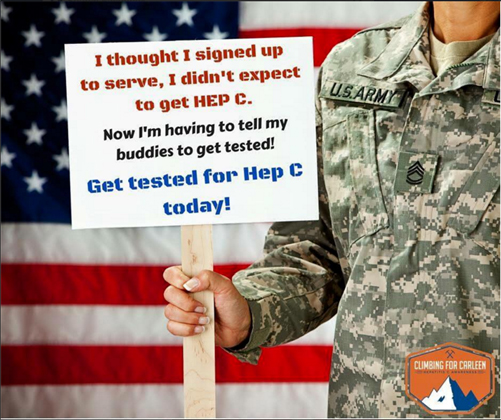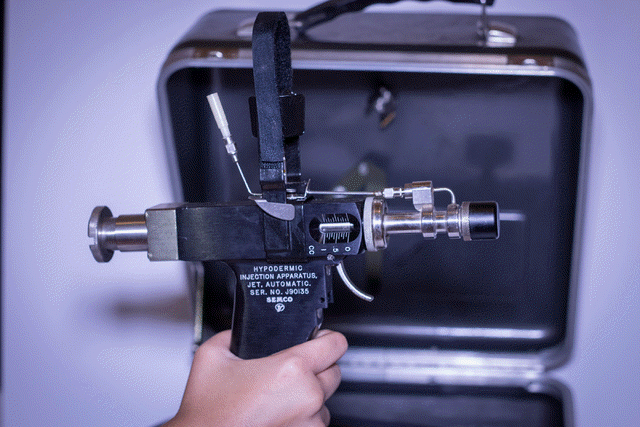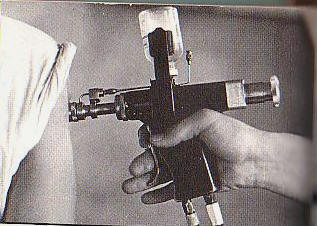|
|
||||||||||||||||||||||||||||||||||||||||||||||||||||||||||||||||||||||||||||||||||||||||||||||||||||||||||||||||||||||||||||||||
|
|
||||||||||||||||||||||||||||||||||||||||||||||||||||||||||||||||||||||||||||||||||||||||||||||||||||||||||||||||||||||||||||||||
ConclusionsThere is a large and growing population of patients who have not achieved an SVR after treatment with the standard of care the combination of pegylated interferon plus ribavirin administered for 24 or 48 weeks. Recently completed trials provide insight as to how best to manage these patients. Relapsers have significantly higher SVR rates than nonresponders when re-treated with the standard of care. A theoretical case can be made for re-treating slow virological responders (>2-log10 decrease, but still detectable HCV RNA at week 12, and undetectable HCV RNA at week 24) for 72 weeks, although randomized studies are needed to confirm this hypothesis. There are now sufficient data to demonstrate that patients who are nonresponders to the combination of pegylated interferon plus ribavirin may be candidates for extending treatment duration. In the future, new treatments (protease and/or polymerase inhibitors) may be added to the standard of care to further improve SVR rates and possibly reduce the overall duration of treatment. On the basis of the final results of the multinational, randomized REPEAT trial, the optimal treatment duration for these patients is a 72-week regimen of peginterferon alfa-2a (40 kD) plus ribavirin. The SVR rate with this regimen is double that achieved with the standard 48-week regimen. Thorough discussion of the potential benefits and risks of re-treatment must be conducted with individual patients before recommending this regimen and observance of the '12-week rule' is crucial. Undetectable HCV RNA at week 12 is an important and useful predictor of SVR in previous nonresponders and should be adopted as a decision criterion. It is important not to exclude any patients from treatment because undetectable HCV RNA at week 12 supersedes baseline characteristics as a predictor of SVR. Table 1. Definition of nonresponse recommended by a US FDA panel for recruitment of patients for clinical trials of re-treatment[17]
Table 2. Sustained virological response (SVR) rates according to treatment duration and week 12 HCV RNA status overall and in important patient subgroups in the REPEAT trial
*Patients with an assessable week 12 virological response.
Abbreviations
HCV, hepatitis C virus; SVR, sustained virological response. Statement of interest Prof. Douglas Dieterich has served as a speaker, a consultant and is an advisory board member for F. Hoffmann-La Roche, Gilead, Bristol-Myers Squibb, Novartis and Boehringer Ingelhein. Prof. Mario Rizzetto is a participant on F. Hoffmann-La Roche advisory boards.
Statement of interest
Prof. Douglas Dieterich has served as a speaker, a consultant and is an advisory board member for F. Hoffmann-La Roche, Gilead, Bristol-Myers Squibb, Novartis and Boehringer Ingelhein. Prof. Mario Rizzetto is a participant on F. Hoffmann-La Roche advisory boards. Prof. Michael P. Manns is an investigator, speaker and consultant for Schering Plough, F. Hoffmann-La Roche, Gilead and Bristol-Myers Squibb; a speaker and consultant for GlaxoSmithKline; an investigator and consultant for Boehringer Ingelhein and a consultant for Valeant, Novartis, Idenix, Tibotec, Vertex, Merck, Astra/Arrows. MPM owns no stock option from any drug company. Declaration of funding interests Editorial support was provided by Health Interactions. J Viral Hepat. 2009;16(12):833-43. © 2009 Blackwell Publishing
References
|
||||||||||||||||||||||||||||||||||||||||||||||||||||||||||||||||||||||||||||||||||||||||||||||||
|
|
|





